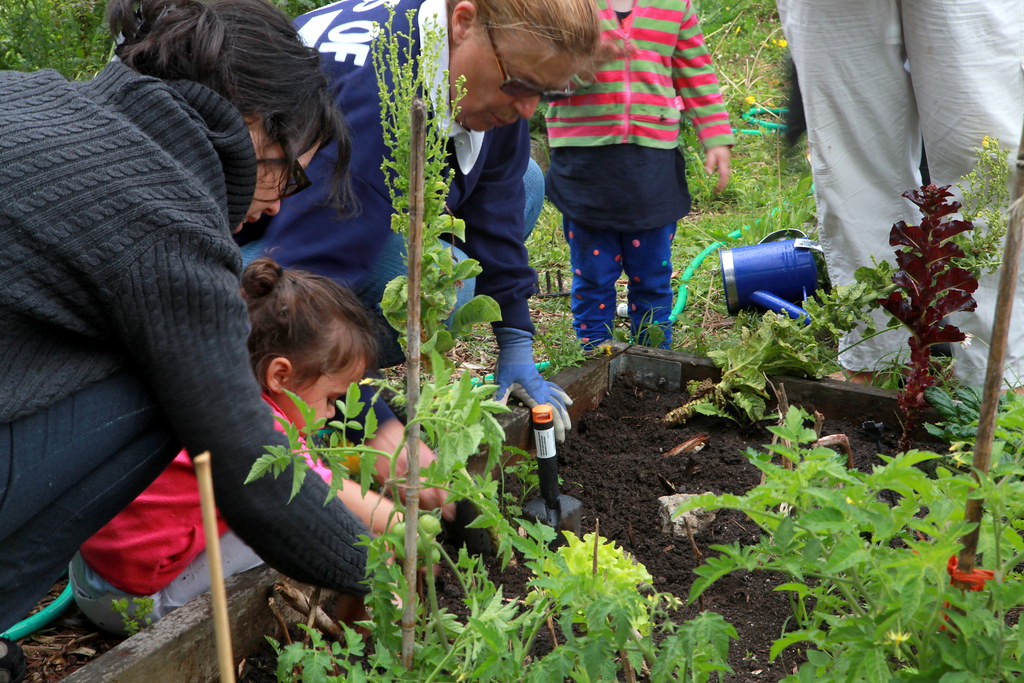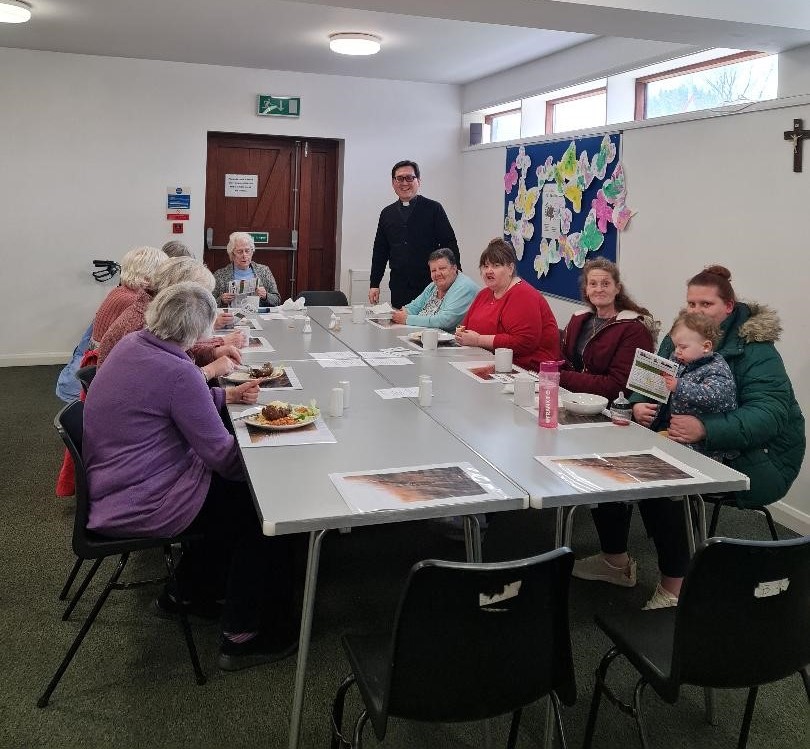Last week, the Rt Revd Sarah Mulally, the Bishop of London, gave one of the Bishop of Leicester’s Chaplaincy Lectures on Towards A Common Vision of Health, in which she talked about the longstanding connection between churches and healthcare, and touched on a mo dern expression of churches’ ability to support people’s wellbeing: social prescribing.
dern expression of churches’ ability to support people’s wellbeing: social prescribing.
Social Prescribing is where healthcare professionals, particularly GPs, refer people for help with social, emotional or practical needs (such as loneliness and social isolation, or mental health problems), to local services and activities, often provided by voluntary and community-based organisations – including churches.
The individual will see a Social Prescribing Link Worker for up to six sessions, where the Link Worker will help to form an action plan based on the person’s goals, and help them to access local sources of support. That could be, for example, a walking club, debt counselling, a gardening group, arts activities, parent and toddler groups, or community cooking projects.
This means social prescribing offers a great way for churches who run these kinds of activities to make new connections with people who might benefit from them.
When we surveyed our worshipping communities in 2022, for example, nearly 50 churches said they were helping to reduce loneliness through cafes, coffee mornings, lunch clubs, hobbies or activity groups, and community gardens.
Dr Emma Hayward, GP and clinical educator at the University of Leicester, says "There are all kinds of activities already taking place in churches which would be helpful for your local Social Prescribing Link Workers to know about, such as parent and toddler groups, wellbeing cafes or drop-ins, mid-week reflective services or opportunities for volunteering. This is not necessarily about starting something new, just letting people know about all the good stuff that is already happening and making it available to a wider range of people within our communities. As a GP I have seen peoples’ lives dramatically impro ve when referred to community groups in this way."
ve when referred to community groups in this way."
One way to connect with your local Social Prescribing Link Worker is to call your nearest GP practice and talk with them about what projects and activities your church runs. Or you can list them on the Joy web-app, a site which is being rolled out across Leicester, Leicestershire and Rutland, by filling in this form. By simply describing a bit about your project or activity – whether it’s a coffee morning, a food pantry, a walking group, bereavement support, a volunteering opportunity, or an activity for families – you can help more local people who would benefit hear about it. You can also edit or delete your listing at any time, and decline referrals if you feel oversubscribed. Joy's information pack for services can be found here.
You might also find the Joy directory useful in signposting people in your community to support outside your church – just put in your postcode and filter for what kind of service you’re looking for.
To find out more about how churches can be involved in social prescribing and supporting wellbeing, ChurchWorks have recorded webinars and other resources which may be of use.